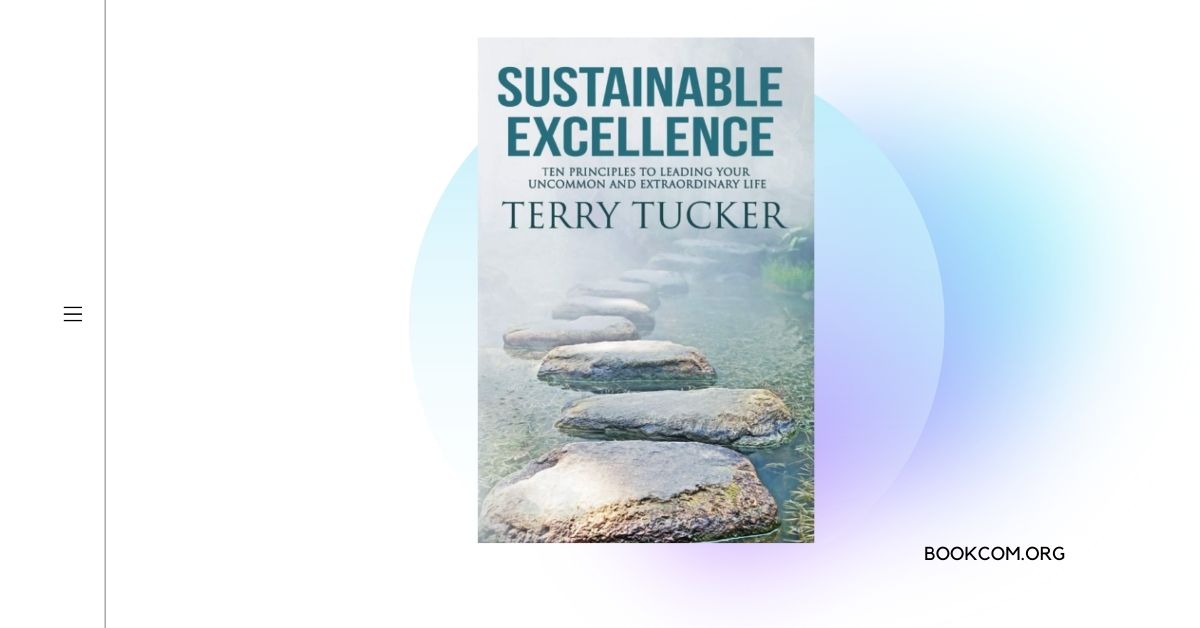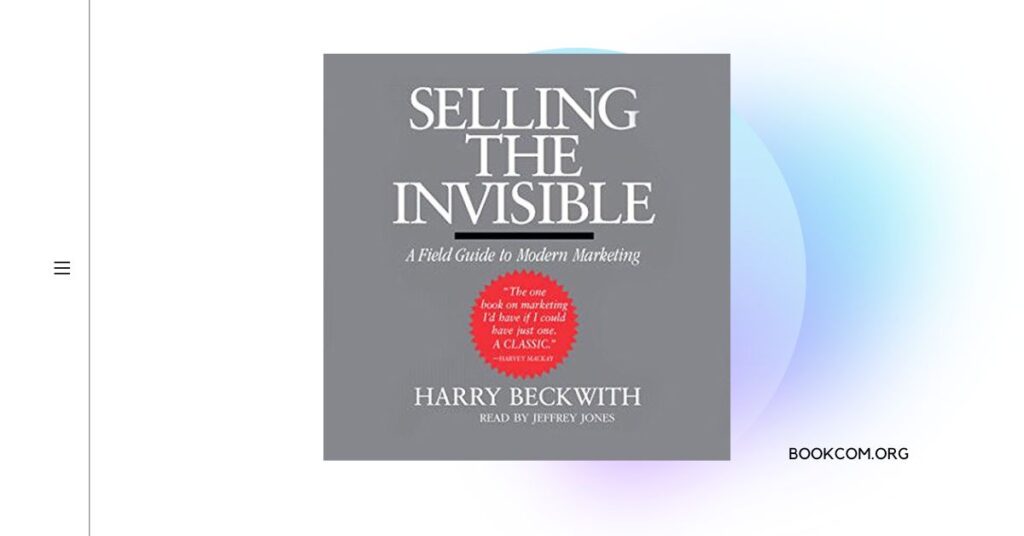“Sustainable Excellence” is a thought-provoking book that explores the intersection of sustainability and business excellence. Authored by Aron Cramer and Zachary Karabell, this book challenges the notion that environmental responsibility and financial success are mutually exclusive. Instead, it argues that sustainable practices can drive long-term business success and create a positive impact on society and the planet. Drawing on real-world examples and insightful analysis, Cramer and Karabell highlight the importance of integrating sustainability into business strategies, operations, and decision-making processes. In this summary, we will delve into the key themes, notable concepts, and practical takeaways from “Sustainable Excellence.”
Key Themes
Sustainability as a Competitive Advantage: “Sustainable Excellence” explores how companies that prioritize sustainability can gain a competitive edge. It highlights how sustainable practices, such as resource efficiency, innovation, and responsible supply chain management, can drive cost savings, enhance brand reputation, and attract and retain customers.
Stakeholder Engagement: The book emphasizes the importance of engaging with stakeholders, including employees, customers, communities, and investors, to build trust and create shared value. It explores the role of collaboration, transparency, and meaningful communication in fostering positive relationships and achieving sustainable outcomes.
Long-Term Thinking: Cramer and Karabell advocate for a long-term perspective in business decision-making. They argue that short-term profit-seeking at the expense of sustainability is unsustainable in the face of global challenges such as climate change and social inequality. The book encourages leaders to embrace a holistic view that considers the impact of business actions on all stakeholders and future generations.
Notable Concepts
The Triple Bottom Line: “Sustainable Excellence” introduces the concept of the triple bottom line, which expands the traditional financial bottom line to include social and environmental impacts. It suggests that organizations should measure success not only by financial performance but also by their contributions to people and the planet.
Systems Thinking: The book advocates for a systems thinking approach, which considers the interconnectedness of various factors and stakeholders in achieving sustainable outcomes. It encourages businesses to analyze the broader impacts of their decisions and consider the interdependencies between environmental, social, and economic aspects.
Continuous Improvement: Cramer and Karabell emphasize the importance of continuous improvement in sustainability efforts. They argue that sustainability is an ongoing journey rather than a destination, requiring companies to set ambitious goals, track progress, and adapt strategies to address evolving challenges and opportunities.
Practical Takeaways
Integrate sustainability into the core of business strategy: Embed sustainability considerations into all aspects of business decision-making, from product design and supply chain management to employee engagement and community partnerships.
Engage stakeholders and build partnerships: Collaborate with stakeholders to co-create sustainable solutions and foster trust. Engage employees, customers, and communities in sustainability initiatives and communicate progress transparently.
Embrace a long-term mindset: Prioritize long-term value creation over short-term gains. Consider the broader impacts of business actions and make decisions that align with sustainability goals and the well-being of all stakeholders.
Also read:
Book Review: “Sustainable Excellence” by Aron Cramer and Zachary Karabell
For more information about the book, you can visit:



